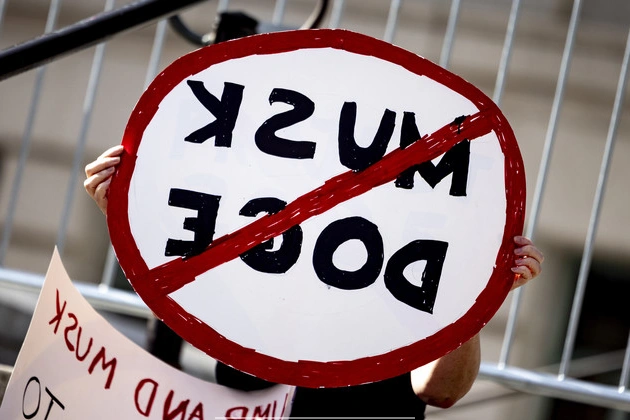
A contentious legal battle is unfolding in North Carolina as the race for a Supreme Court seat remains fiercely contested. Republican candidate Jefferson Griffin, a member of the Court of Appeals, is challenging the validity of over 60,000 ballots in his race against Democratic Associate Justice Allison Riggs.
Legal Maneuvers
Griffin has taken the unusual step of petitioning the Supreme Court to intervene and halt the counting of ballots that he claims were unlawfully cast. Despite Riggs holding a narrow lead of 734 votes from more than 5.5 million ballots, the outcome remains uncertain.
Supreme Court Intervention
Instead of pursuing the typical route of appealing to Wake County Superior Court, Griffin has directly approached the Supreme Court. He is urging the justices to rule swiftly on his request to block Riggs from receiving a certificate of election and to extend the deadline for filing an appeal.
Legal Arguments
Griffin’s legal team is focused on three categories of ballots that they believe should be excluded from the final count. The Supreme Court, which leans Republican by a margin of five to two, faces a crucial decision that could impact the election outcome.
Among the contentious ballot categories are those cast by individuals with incomplete voter registration records, overseas voters with no prior residency in the U.S., and military or overseas voters who failed to provide proper identification.
Partisan Divide
The State Board of Elections, comprising three Democrats and two Republicans, previously rejected Griffin’s protests citing insufficient evidence of election law violations. The board’s decision has sparked further legal challenges and heightened tensions in the already polarized political landscape.
Future Implications
As the legal wrangling continues, the outcome of this Supreme Court race could have far-reaching implications. With multiple protests and appeals pending, the final resolution remains uncertain, adding to the political uncertainty in the state.















